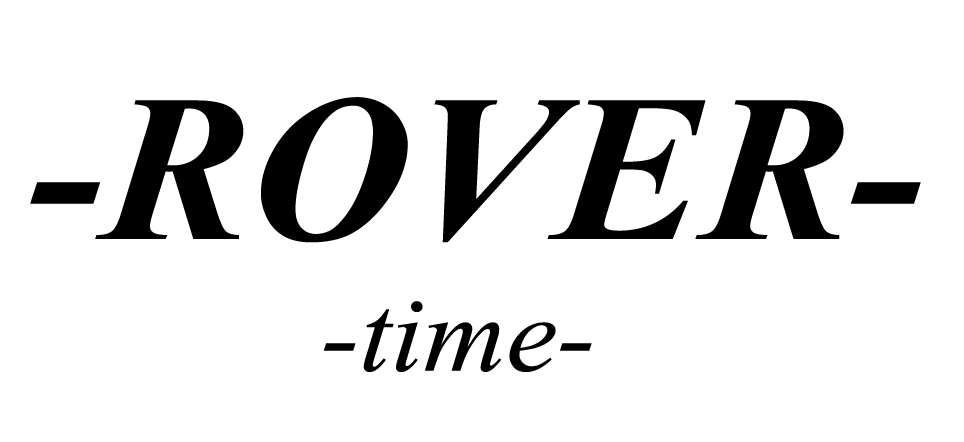What is the difference between an accrual and a deferral?
For example, if you have a deferred revenue liability for a 6-month project on your balance sheet, you’d adjust it monthly to move a portion (1/6th each month) from deferred revenue to earned revenue. The other difference between the two is whether the income or expense is recognized as an asset or a liability. The insurance company receiving the $12,000 for the six-month insurance premium beginning December 1 should report $2,000 as insurance premium revenues on its December income statement. The remaining $10,000 should be deferred to a balance sheet liability account, such as Unearned Premium Revenues. In each subsequent month the insurance company will record an adjusting entry to reduce the liability account Unearned Premium Revenues by $2,000 and report $2,000 as Premium Revenues on its income statement. Deferred expenses and deferred revenue are recorded as assets and liabilities, respectively.
- An example is a payment made in December for property insurance covering the next six months of January through June.
- This accrued revenue journal entry example establishes an asset account in the balance sheet.
- The remaining amount is recorded as deferred income (a liability) on the balance sheet for that year.
- They do not apply to the matching contributions from an employer, nonelective employee contributions, or any allocations of forfeitures.
- Deferrals are an important concept in accounting as they enable businesses to adhere to accounting standards and the accrual basis of accounting, ensuring financial accuracy, accountability, and integrity.
Every Letter Is Silent, Sometimes: A-Z List of Examples
Instead, the amount will be classified as a liability on the magazine’s balance sheet. As each month during the subscription term is realized, a monthly total will be added to the sales revenue on the income statement, until the full subscription amount is accounted for. During these same time periods, costs of goods sold will reflect the actual cost amounts to produce the issues that were prepaid. The adjusting entries are made at the end of each month throughout the year.
Accrual vs. Deferral: Key Differences
- Similarly, in a cash basis of accounting, deferred expenses and revenue are not recorded.
- If your employer provides a match, it sweetens the pot even more because it means free money in your account.
- Employees aged 50 or older are allowed to make additional “catch-up” contributions to their elective deferral plans, above the standard annual limits.
- The Maker Checker Workflow adds to the efficiency of the financial close process by segregating responsibilities and enabling the monitoring of priority tasks.
An example of expense accrual might be an emergency repair you need to make due to a pipe break. You would hire the plumber to fix the leak, but not pay until you receive an invoice in a later month, for example. The liability would be recorded by debiting expenses by $10,000 and crediting accounts payable by $10,000.
Great! The Financial Professional Will Get Back To You Soon.
Elective http://vidimfigu.ru/index.php?docid=147557 offer several benefits to employees, including tax advantages, employer matching contributions, investment flexibility, and long-term savings potential. These benefits make elective deferrals an attractive option for individuals looking to save for retirement. Accrued incomes are incomes that have been delivered to the customer but for which compensation has not been received and customers have not been billed. Accrued expenses are expenses that have been consumed by a business but haven’t been paid for yet.
In accounting this means to defer or to delay recognizing certain revenues or expenses on the income statement until a later, more appropriate time. Revenues are deferred to a balance sheet liability account until they are earned in a later period. When the revenues are earned they will be moved from the balance sheet account to revenues on the income statement. The accountant might also say, “We need to defer some of the cost of supplies.” This deferral is necessary because some of the supplies purchased were not used or consumed during the accounting period. An adjusting entry will be necessary to defer to the balance sheet the cost of the supplies not used, and to have only the cost of supplies actually used being reported on the income statement. We must note that an adjusting journal entry is done at the end of the accounting period to recognize if it is an expense or an income that the company has incurred.
Deferred incomes are the incomes of a business that the customers of the business have already paid for but the business cannot recognize as income until the related product is provided to the customers. For example, some products, such as electronic equipment come with warranties or service contracts for 1 year. Since the business has not yet earned the amount they have charged for the warranty/service contract, it cannot recognize the amount received for the contract as an income until the time has passed. On the other hand, accrued expenses are expenses of a business that the business has already consumed but the business is yet to pay for it. For example, utilities are already consumed by a business but the business only receives the bill in the next month after the utilities have been consumed.
Q6. What are deferrals in accounting?
On the other hand, deferred revenue is from the seller’s perspective—it involves receiving payment for goods or services that will be delivered or performed in the future. Just as a prepaid expense is an asset that turns into an expense as the benefit is used up, deferred revenue is a liability that turns into income as the promised good or service is delivered. Learn about deferred revenue, payments, and how deferral differs from accrual in this comprehensive guide. In cash accounting, you would recognize the revenue when it comes in (during Q4) but not the expense for the products you purchased until you paid for them, which might not be until Q1 of the following year. Using the accrual method, you would account for the expense needed in pursuit of revenue.
Just like the delicate balance of a see-saw, understanding and applying accounting principles like ‘deferral’ can mean the difference between smooth financial operations and a chaotic financial see-saw. So, buckle up as we dive deep into the world of http://ru-news.ru/islamskij-banking-v-rossii-mozhet-poyavitsya-ranshe-shariatskih-sudov/ in accounting, providing clarity for this crucial concept that impacts businesses big and small. Most commonly, expenses that are pre-paid are deferred, including insurance or rent. Other expenses that are deferred include supplies or equipment that are bought now but used over time, deposits, service contracts, or subscription-based services.
To get a discount, Anderson pays the full subscription amounts in advance of the renewals. Accrued revenue are amounts owed to a company for which it has not yet created invoices for. Most of the money http://slutsk.net/forum/viewtopic.php?t=3048 in a 401(k) is not insured by the Federal Deposit Insurance Corporation (FDIC). For instance, FDIC insurance applies to certain accounts that allow participants to “direct how the money is invested.”


